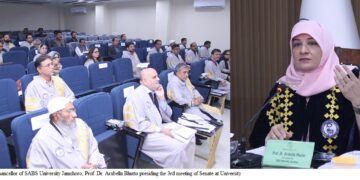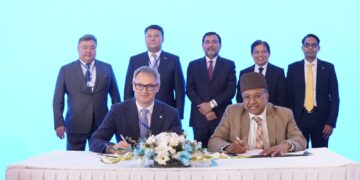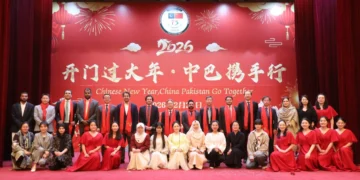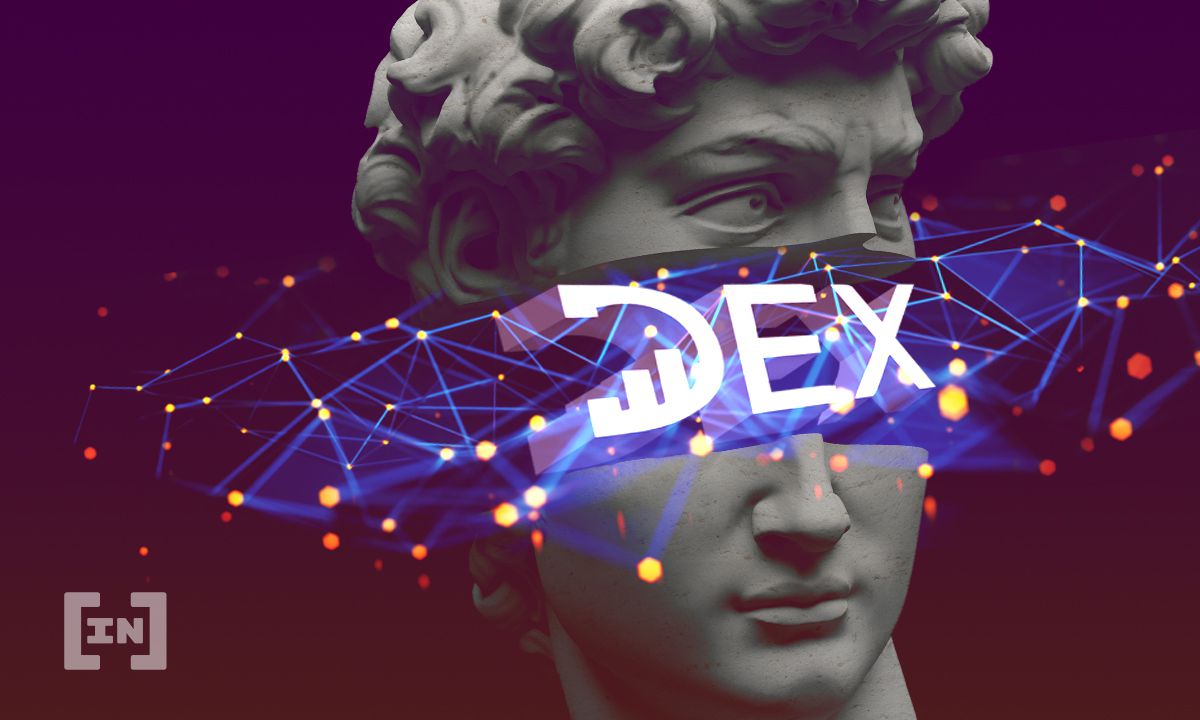Karachi: The Aga Khan University’s Institute for Educational Development (AKU-IED) concluded its 12th International Conference, unveiling a dynamic platform for dialogue on ‘Technology, Pedagogy, And Society: Critical Appreciation of The Present and Prospects for The Future.’
This 2 days milestone event coincided with the University’s 40th anniversary, symbolizing a longstanding commitment to academic excellence.
The conference, a melting pot of diverse perspectives, brings together thought leaders, policymakers, and practitioners to scrutinize the intersection of technology, pedagogy, and society.
Ms. Rana Hussain, Caretaker Minister for School Education, College Education, and Women Empowerment, Sindh, graced the Inaugural Session as the Chief Guest, emphasizing the imperative need to discuss technology’s societal impacts.
Keynote speakers, including Sean Michael Morris, Dr Asadul Islam and Dr. Shah Jamal Alam, illuminated the evolution of critical digital pedagogy and the essential role of formal reasoning in the age of AI dominance. The first day featured a vibrant panel discussion on ‘Implementing EdTech Reform,’ addressing evidence, policy, and delivery in education.
Day 2 unfolded at the Karimabad campus, witnessing more than 200 participants engaging in over 40 workshops on diverse topics such as Teaching in the Digital Era, Educational Robotics, and Fostering Equitable Learning Spaces. Dr. Nauman Naqvi’s Lightning Talk challenged conventional thinking, advocating for a transformative journey toward sustainable existence.
Dr. Maha Bali’s keynote on ‘Fostering Equitable Learning Spaces’ sparked crucial dialogue on reshaping educational practices for inclusivity. A dynamic panel discussion, ‘Practitioners’ Perspectives on Technology, Pedagogy, and Society,’ explored the pivotal role of pedagogies in leading EdTech reform, moderated by Azra Naseem.
The conference underscored the transformative potential in reshaping educational practices for inclusivity and empowerment. Discussions delved into revisiting traditional educational challenges, evaluating technology-supported instruction, addressing ethical concerns tied to emerging technologies, and assessing implications for workforce development.
The event highlighted the intricate connections between practice, research, and various implementation contexts, showcasing the importance of pedagogical leadership in navigating the complexities of technology in education.




















